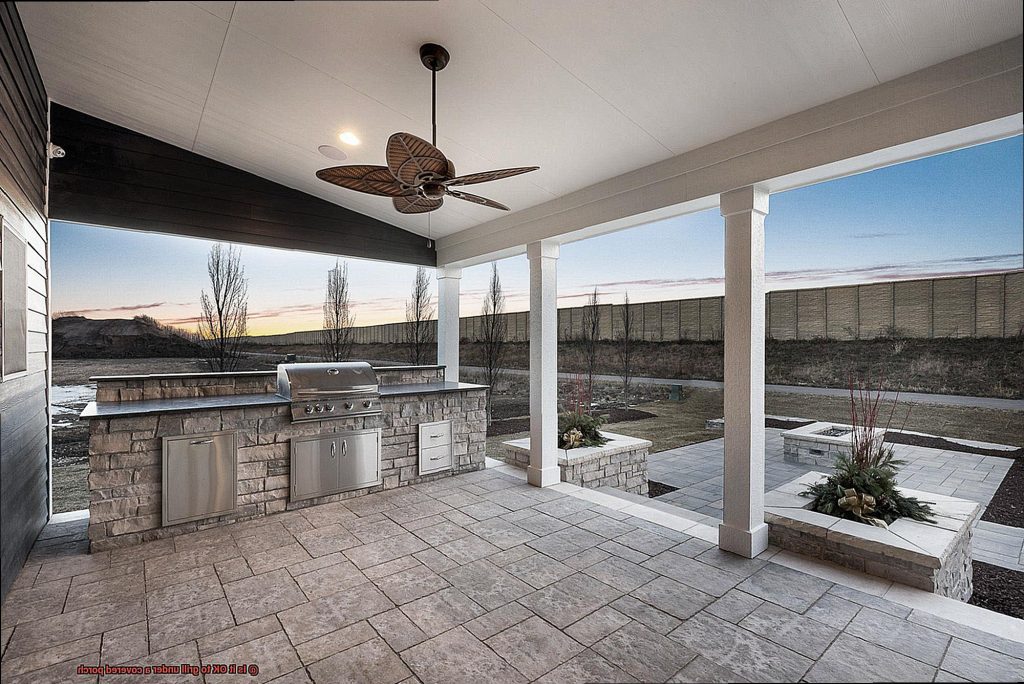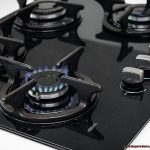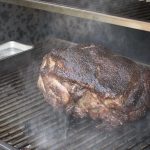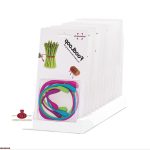As winter draws near, it’s time to start thinking about how to protect your backyard from the cold. But what about your trusty gas grill? Can it handle the harsh winter weather, or do you need to take extra measures to keep it in good shape?
For grill enthusiasts, keeping their grill in top condition is a must. However, with temperatures dropping and snow on the way, it can be tempting to pack up your grill until spring. But fear not. Leaving your gas grill outside during winter is usually safe if you take some necessary precautions.
In this blog post, we’ll answer the question of whether it’s okay to leave your gas grill outside in winter and provide tips on how to protect it from extreme cold, snow, and moisture. We’ll also give practical advice on how to cover and store your grill so that it’s ready for action when the weather warms up.
So if you’re a master griller looking for ways to extend your grilling season beyond summer, grab a hot cocoa and read on. We’ve got all the information you need to keep your gas grill in tip-top shape throughout the winter months.
Contents
What to Consider Before Leaving a Gas Grill Outside in Winter
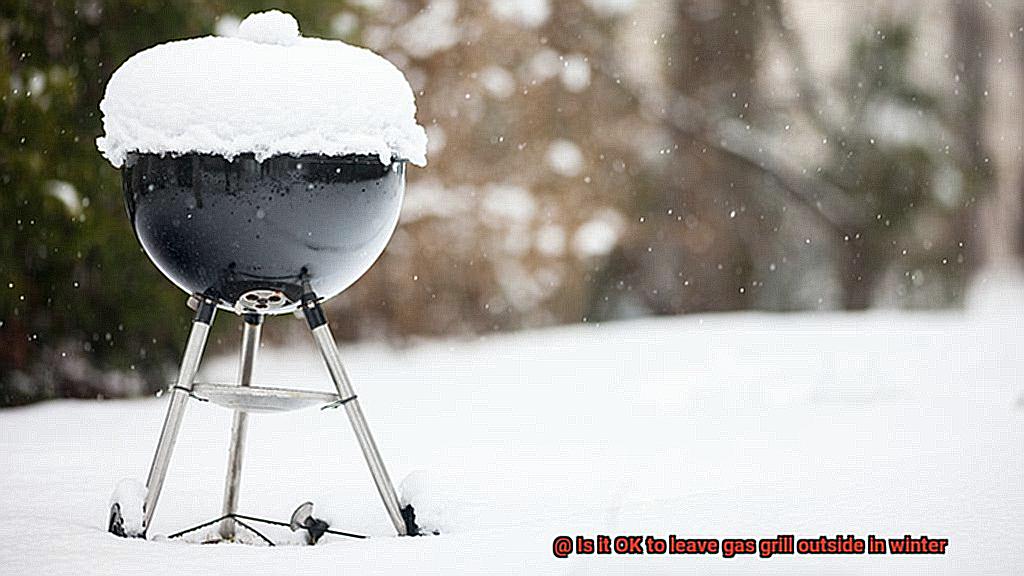
Quality of Your Grill
The first thing to think about is the quality of your grill. High-quality grills designed for outdoor use are built with materials that can withstand harsh weather conditions, while others may not be as durable. Before making a decision, check your grill’s manufacturer instructions and recommendations regarding outdoor use.
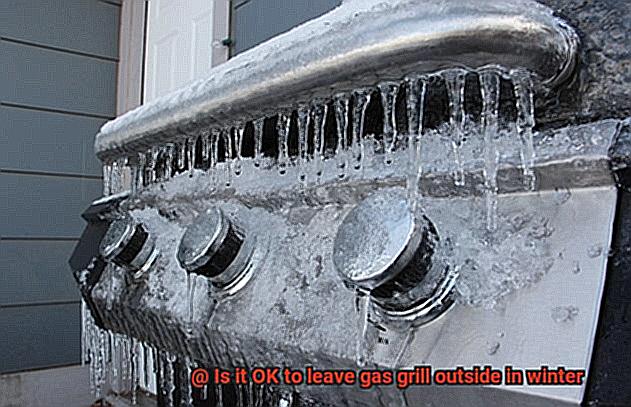
Climate in Your Area
Where you live plays a significant role in whether it’s safe to leave your grill outside during winter. If you live in an area with mild winters, leaving your grill outside may not be a problem. However, if you live in an area with heavy snowfall and freezing temperatures, it’s essential to take extra precautions.
Frequency of Use
Consider how often you plan on using your grill during the winter months. If you use it frequently, leaving it outside may be more convenient than moving it back and forth between storage and cooking areas. However, if you only use your grill occasionally during winter, storing it indoors might make more sense.
Location of Your Grill
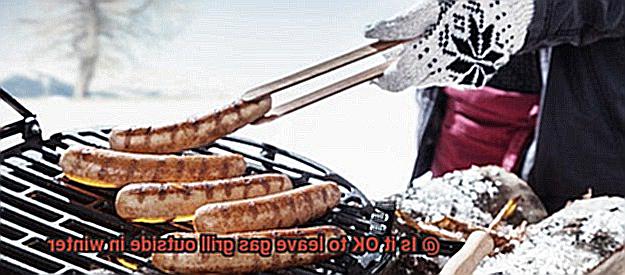
Think about where your grill is located. If it’s in an area that is prone to heavy snowfall or strong winds, it may be more practical to store it indoors during the winter months. Also, make sure your grill is properly covered or secured so that it does not become a hazard during heavy snow or windstorms.
Maintenance and Care
Finally, remember that outdoor grills require regular maintenance and care during winter. If left outside without proper protection, grills can rust and deteriorate over time due to exposure to moisture and harsh weather conditions. Be sure to clean your grill regularly and cover it with a weather-resistant cover when not in use.
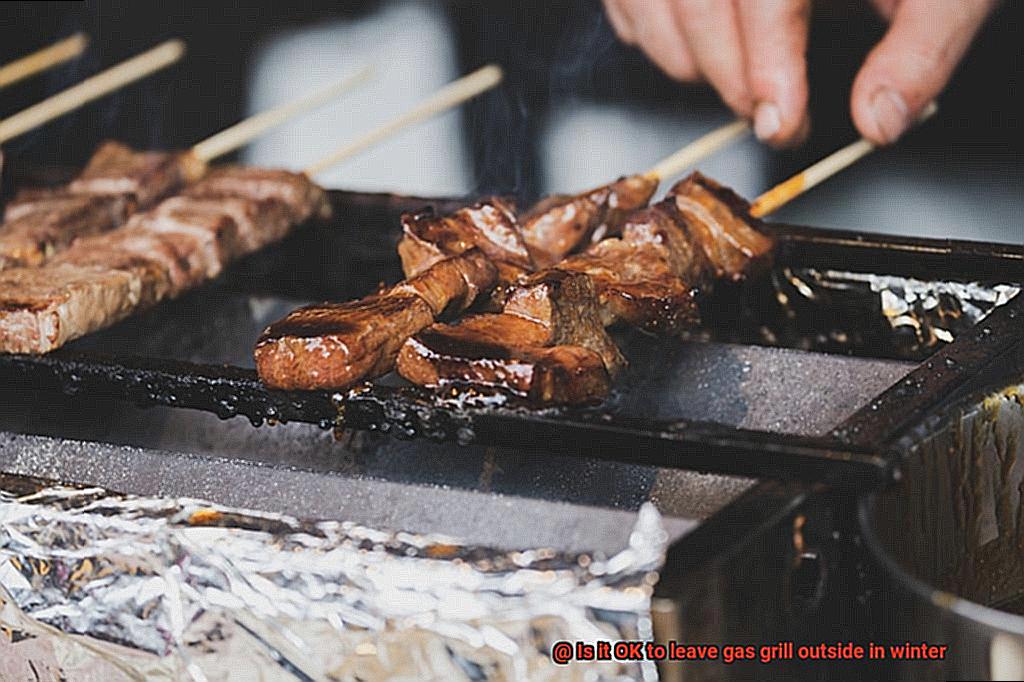
In conclusion, before leaving your gas grill outside during winter, weigh the pros and cons carefully and take into account all relevant factors.
Quality of the Grill
If you’re a devoted grill master, you know that cooking up a meal on the grill is a true art form. But what about when the winter months arrive? Can your trusty gas grill handle the cold and wet conditions outside? The answer lies in the quality of your grill. A well-made model, built to withstand the elements, can handle being left outside during the winter months. However, if you’re working with a cheaper, less durable model, it’s best to pack it away until the warmer months roll around again.
So how do you determine the quality of your grill? Here are some key factors to consider:
- Material: The material of your grill body is a crucial element of its durability. Opt for models made from stainless steel or cast iron, as these materials are highly resistant to rust and corrosion.
- Grates: When it comes to grilling, having thick and heavy-duty grates is essential. Look for models with grates that can hold up to extreme temperatures.
- Construction: A sturdy base and legs will keep your grill steady even on windy days. Tight seals around the lid and other openings will also prevent moisture from seeping inside and causing damage.
- Cover: A high-quality grill cover is a must-have during the winter months. Choose one that’s made from durable, weather-resistant materials that fit snugly over your grill.
Frequency of Usage
It’s important to consider the frequency of usage when deciding whether to leave your gas grill outside during the winter months.
To protect your beloved grill from harsh winter elements such as snow, ice, and wind damage, investing in a weather-resistant cover or storage unit is a wise choice. But if you only use your grill occasionally or plan to take a break from grilling during the winter months, leaving it outside with proper precautions may be okay. Just don’t forget to remove the propane tank and store it in a dry place to prevent damage or corrosion.
The climate in your area is another crucial factor to consider. If you live in a region with mild winters, leaving your gas grill outside may not be a significant issue. However, if you reside in an area with harsh winter weather, such as heavy snowfall and freezing temperatures, it’s best to take extra precautions and store your grill indoors.
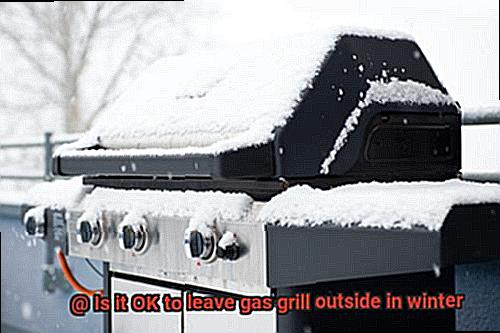
Here are some additional sub-topics and tips to keep in mind when deciding whether to leave your gas grill outside during winter:
- Frequency of usage: How often do you use your grill? Are you a year-round griller or only use it occasionally? Answering these questions can help determine whether investing in a cover or storage unit is worth it.
- Type of grill: Is your gas grill made of high-quality materials that can withstand harsh winter elements? Consider the durability of your grill before deciding whether to leave it outside.
- Location: Is your grill located in a spot that’s exposed to harsh winds or snowdrifts during the winter months? If so, it’s best to move it to a more sheltered location or invest in a cover or storage unit that can withstand those elements.
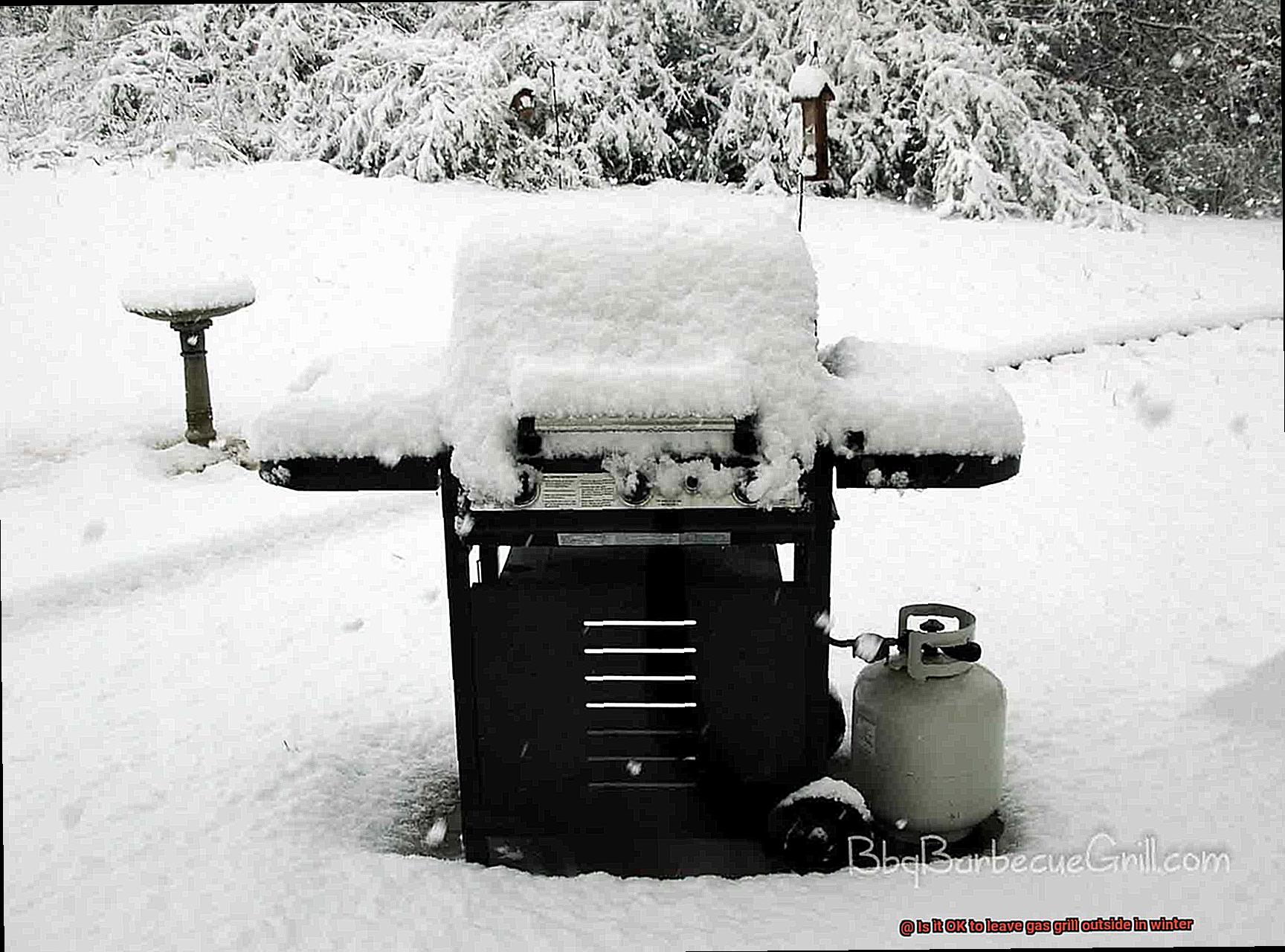
Location of Storage
The winter weather can be brutal, and if you want your grill to stay in tip-top shape, you need to protect it from the elements.
First and foremost, protecting your grill from the harsh winter elements is crucial. You want to store your gas grill in a dry and covered area that shields it from snow, wind, and freezing temperatures. This could be your garage, shed, or a covered patio area. If none of these options are available, investing in a high-quality grill cover will do the trick. A good quality cover will help protect your grill from snow and moisture while also preventing rust and corrosion.
Safety is also a top priority when storing your gas grill outside during the winter months. Make sure to keep it away from any flammable materials like wood or paper and ensure that the area around your grill is clear of snow and ice to prevent any slips or falls. Safety should never be taken for granted, so take extra care when storing your grill.
Finally, choosing the right location for storage can make a significant difference in extending the lifespan of your grill. Storing your grill in a covered area can help prevent damage from UV rays and other environmental factors that can cause wear and tear over time. By keeping your grill protected from the elements, ensuring its safety, and choosing a covered storage option, you can help extend its lifespan and keep it in top condition for many grilling seasons to come.
Pros and Cons of Leaving a Gas Grill Outside in Winter
You may be considering leaving your gas grill outside in the cold. But before making this decision, it’s essential to consider both the benefits and drawbacks.
One of the most significant advantages of leaving your gas grill outside in winter is convenience. Your grill will always be ready for use without requiring any additional setup or cleanup. This is especially beneficial if you live in an area with mild winters and still want to savor grilled food even when there’s snow on the ground.
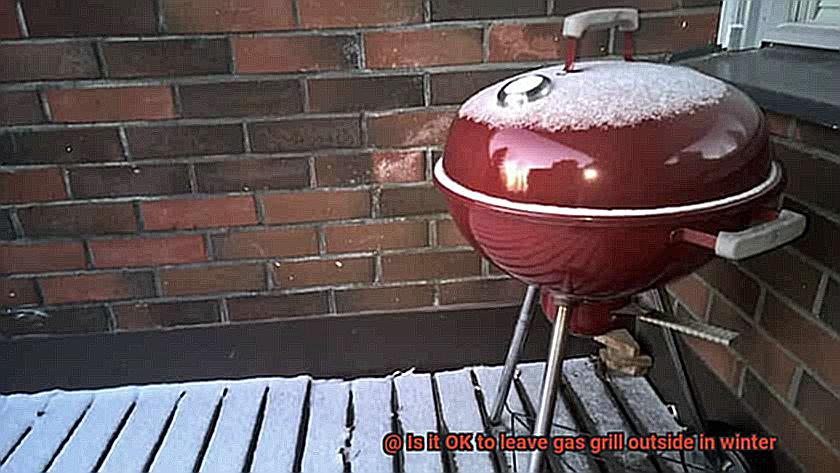
Additionally, leaving your gas grill outside can save you time and effort. You won’t have to worry about cleaning it or hauling it back indoors after each use. Simply cover it up and walk away.
However, there are a few downsides to this approach. Severe winter weather can cause damage to the grill’s components, particularly if you live in an area with harsh winters. Moisture from snow and ice can infiltrate the grill and cause rust or corrosion over time. Furthermore, exposure to harsh winter weather can cause paint or finish deterioration, which may not be ideal for those who take pride in their outdoor living space.
So, what’s the verdict? Ultimately, it depends on your specific situation and priorities. If convenience is your top priority, leaving your gas grill outside in winter might be a good option for you. However, if you’re concerned about potential damage or aesthetics, storing it indoors may be the better choice.
Regardless of your decision, it’s crucial to take steps to protect your gas grill from the elements and keep it in good working order. Here are some tips:
- Invest in a high-quality grill cover that fits securely.
- Choose a safe location away from flammable materials.
- Clear snow and ice regularly to prevent moisture buildup.
- Consider investing in a grill brush or scraper to remove any accumulated debris.
Maintenance and Care Tips for a Gas Grill During the Winter Months
Winter can be harsh on gas grills, and if not properly maintained and cared for, it can lead to damage that can shorten the lifespan of your grill. Here are five sub-sections that provide tips on how to maintain and care for your gas grill during the winter months:
Thoroughly clean your gas grill
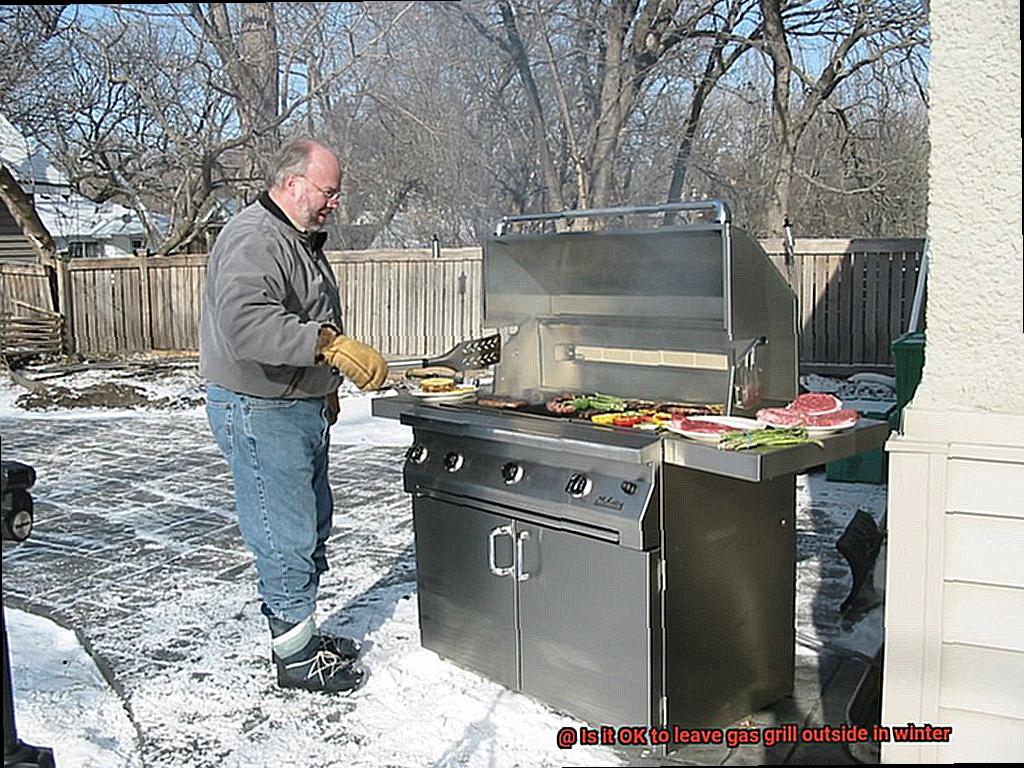
To start with, it is essential to clean your grill thoroughly. A good cleaning will remove any debris or food particles from the grates, burners, and inside the grill itself. This will prevent any buildup that could potentially damage the unit over time. Use a stiff wire brush or scraper to remove any leftover food particles, grease, and debris from the grill grates. It is also essential to clean the burners, warming rack, and any other parts of the grill that may have accumulated dirt or grime.
Protect your gas grill from the elements
Your gas grill needs protection from harsh winter elements such as snow, ice, and cold temperatures. Consider purchasing a high-quality grill cover specifically designed for your model to protect against these elements. The cover will prevent rusting or other damage to your grill caused by snow or rain. If possible, store your gas grill in a dry place such as a garage or shed as an extra layer of protection.
Check your gas grill periodically
Checking your gas grill periodically throughout the winter months is crucial. Look for signs of wear and tear, such as rust or cracks in the hoses and connections. Address any issues promptly to ensure that your gas grill stays in great shape throughout the winter and beyond. It is also essential to inspect the propane tank for leaks or damage and replace any worn-out parts such as burners, igniters, or valves.
Replace any damaged parts
Replacing damaged parts ensures that your gas grill stays in excellent condition throughout the winter months. Check all parts of the grill for wear and tear, and replace any damaged parts. This includes checking the propane tank for leaks or damage, replacing worn-out parts such as burners, igniters, or valves, and inspecting the hoses and connections for any signs of wear or damage.
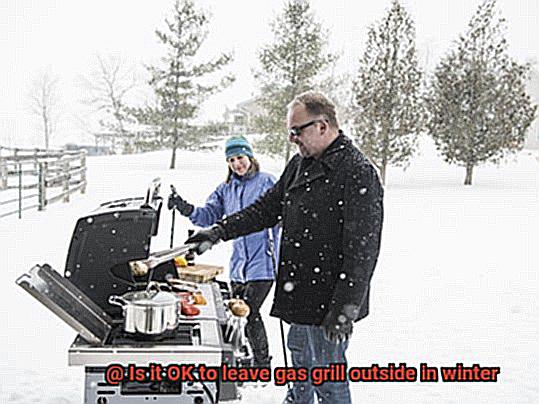
Keep your gas grill well-lubricated
Lubricating your gas grill during the winter months is essential to preventing rusting and ensuring smooth operation when you are ready to use it again. Apply oil or grease to moving parts such as hinges and wheels to keep them in excellent condition. This will keep your gas grill working optimally and prolong its lifespan.
How to Store a Gas Grill Inside During the Winter Months
Storing your gas grill inside during the winter months requires some careful planning and preparation. Here are five sub-sections that will guide you through the process so that your grill stays in excellent condition and ready for use when grilling season rolls around again.
Thoroughly Clean Your Grill
Cleaning your grill is an essential step in storing it properly. Start by removing any leftover food debris, grease, and grime. Use a grill brush to scrape off any residue on the grates and burners. Then wipe down the exterior of the grill with a damp cloth and mild detergent. By cleaning your grill thoroughly, you’ll prevent rust and corrosion from forming during storage.
Disconnect the Propane Tank
When storing your gas grill inside during the winter months, it’s crucial to disconnect the propane tank and store it separately in a dry, cool place. This will help prevent any gas leaks or damage to the tank. Make sure to turn off the gas valve on the tank before detaching it from the grill, and store it in an upright position away from heat sources.
Remove Removable Parts
If your gas grill has removable parts such as grates or burner covers, take them off and store them separately. This will make it easier to clean and maintain your grill in the future. Also, storing them indoors will protect them from winter weather conditions that could cause rust or corrosion.
Choose a Dry and Cool Storage Space
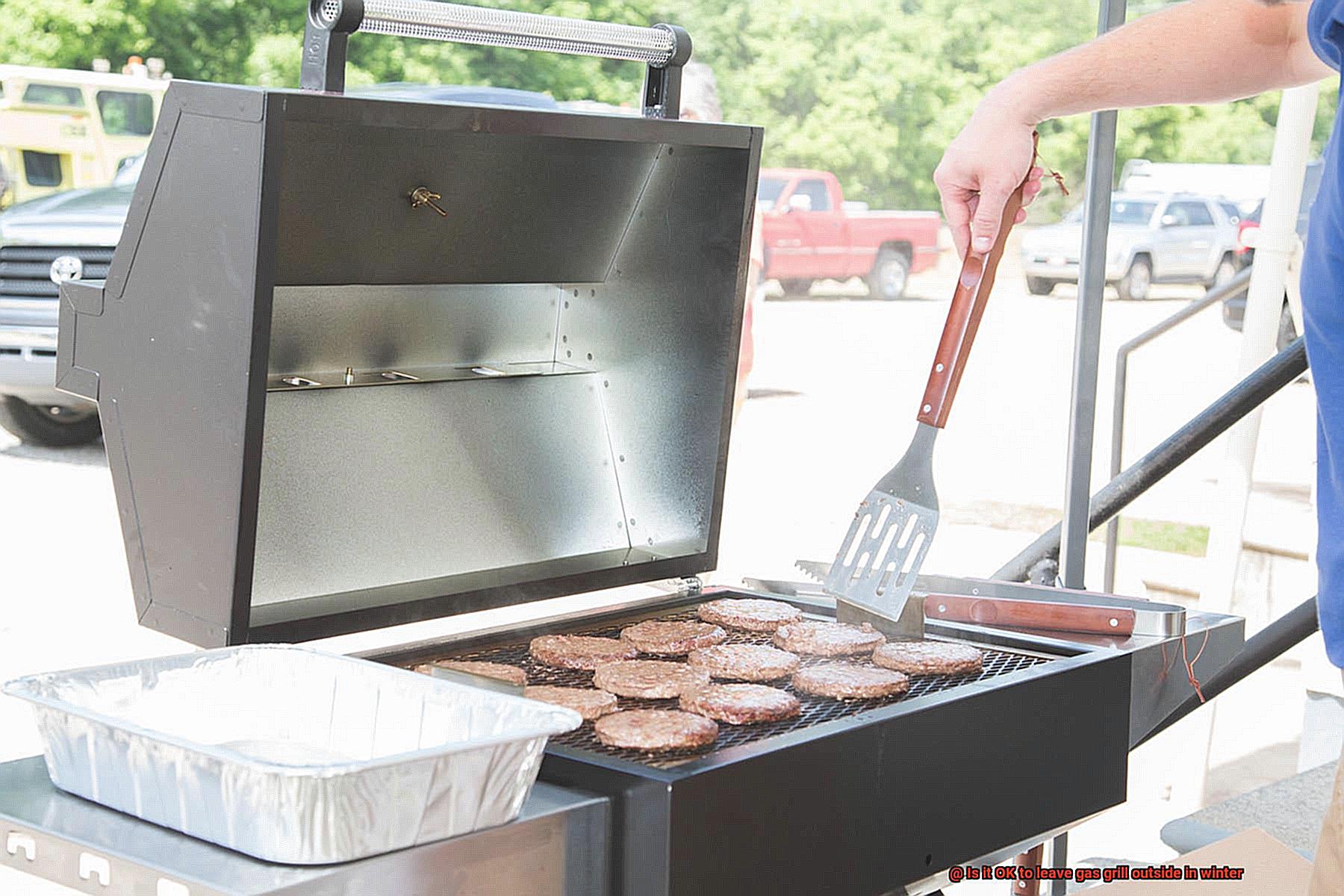
Choosing the right storage space is crucial to protect your grill from harsh winter elements such as snow, rain, and wind. Ideally, you should store your grill in a dry and cool place such as a garage or shed. This will protect it from moisture, rust, and other weather-related damage.
Cover Your Grill
Finally, cover your grill with a high-quality cover that is designed for outdoor use. This will protect your grill from dust, dirt, and any other debris that may accumulate during storage. A cover will also keep moisture out, which can cause rust and corrosion.
Alternatives to Leaving a Gas Grill Outside in Winter
Leaving your grill outside during winter can cause significant damage and affect its performance. But fret not, there are alternatives to leaving it outside that can help prolong its lifespan and keep it in tip-top shape.
One great alternative is to store your gas grill in a garage or shed during the winter months. This will protect it from the harsh weather conditions such as snow, ice, and freezing temperatures. If you don’t have a garage or shed, investing in a high-quality grill cover is another excellent option. Ensure to choose one that can withstand extreme weather conditions.
Another alternative is to use a portable gas grill that can be easily moved indoors during the winter months. This option is ideal for those who have limited outdoor space or live in areas with extreme winter weather conditions. Portable gas grills are smaller and more compact, making them easier to store indoors.
If you choose to leave your gas grill outside during the winter months, there are precautions you can take to protect it. Before storing it for the winter, make sure to clean the grill thoroughly. This will help prevent rust and corrosion from forming on the grill’s surfaces. Additionally, invest in a high-quality grill cover that is designed explicitly to withstand harsh weather conditions.
In summary, here are some alternatives to leaving your gas grill outside in winter:
- Store it in a garage or shed
- Invest in a high-quality grill cover
- Use a portable gas grill that can be easily moved indoors
- Take precautions when leaving it outside such as cleaning it thoroughly and investing in a high-quality grill cover.
KNaeLmPWlps” >
Also Read: Can a Weber BBQ Grill Get Wet If left Outside in Rain?
Conclusion
In summary, leaving your gas grill outside during winter can be safe as long as you take proper precautions. Factors such as the quality of your grill, climate in your area, frequency of use, location of your grill, and maintenance and care are all crucial considerations before making a decision.
To protect your grill from harsh winter elements like snow and moisture, investing in a high-quality cover or storage unit is essential. Before storing it for the winter, thoroughly clean your grill and disconnect the propane tank. Opting for a dry and cool storage space such as a garage or shed will help prevent weather-related damage.
If indoor storage isn’t available to you, consider purchasing a portable gas grill or high-quality weather-resistant cover to keep your grill protected. Remember that careful planning and preparation are necessary to maintain and care for your gas grill properly.
By taking these necessary precautions, you can extend the lifespan of your gas grill and ensure that it remains in top condition for many grilling seasons to come.

